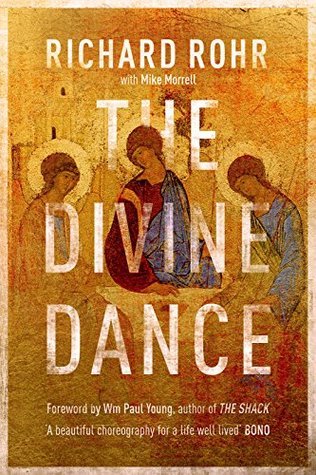What do you think?
Rate this book


224 pages, Paperback
First published October 4, 2016
God for us, we call you Father.
God alongside us, we call you Jesus.
God within us, we call you Holy Spirit.
You are the eternal mystery that enables, enfolds, and enlivens all things,
Even us and even me. Every name falls short of your goodness and greatness.
We can only see who you are in what is.
We ask for such perfect seeing—
As it was in the beginning, is now, and ever shall be.
Amen.
Rational certitude is exactly what the Scriptures do not offer us. They offer us something much better and an entirely different way of knowing: an intimate relationship, a dark journey, a path where we must discover for ourselves that grace, love, mercy, and forgiveness are absolutely necessary for survival—in an always and forever uncertain world.
Whatever is going on in God is a flow, a radical relatedness, a perfect communion between Three—a circle dance of love.
The Christian God’s power comes through his powerlessness and humility. Our God is much more properly called all-vulnerable than almighty.